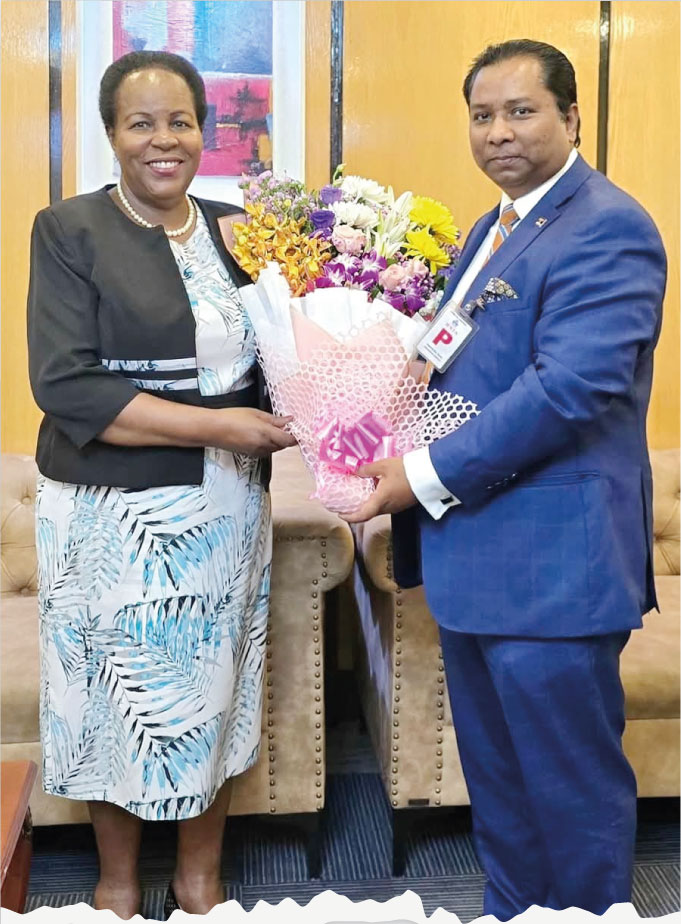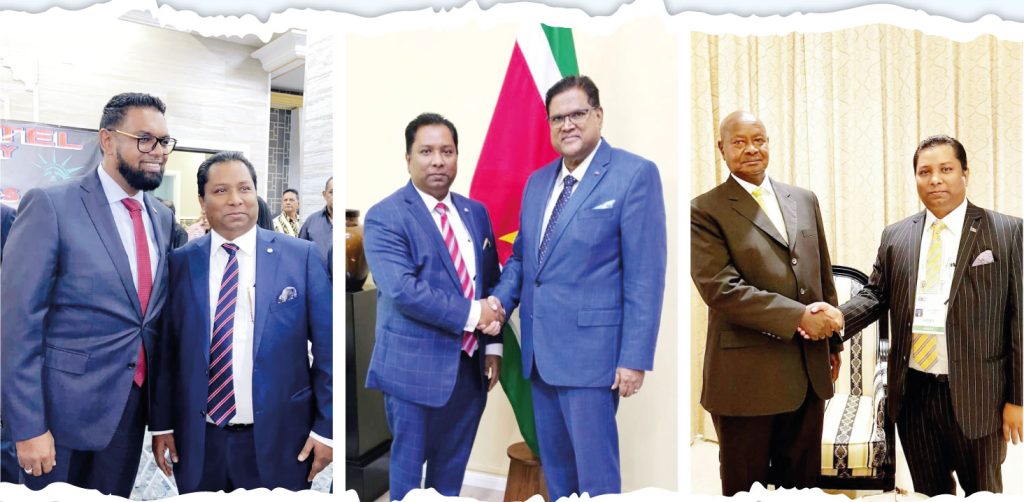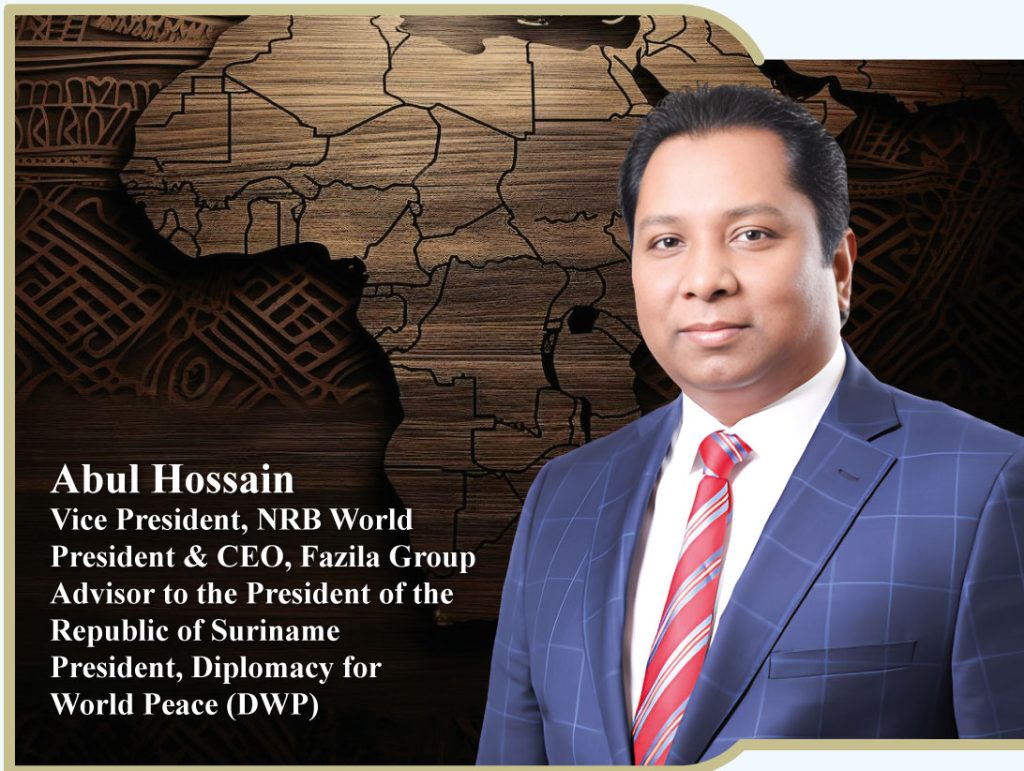Abul Hossain, a distinguished Bangladeshi businessman and diplomat, stands as a true visionary whose work transcends personal success to focus on national and global development. As Vice President of NRB World, President & CEO of Fazila Group, and President of Diplomacy for World Peace (DWP), Hossain’s portfolio reflects a profound commitment to advancing Bangladesh’s presence on the international stage.
One of his most notable roles is serving as the Honorary Consul of Uganda in Bangladesh, a position he has held since 2009. This appointment, personally proposed by Ugandan President Yoweri Museveni during bilateral talks, underscores Hossain’s reputation as a trusted bridge between nations. Tasked with fostering trade and diplomacy between Bangladesh and Uganda, Hossain took on this role with vigor, establishing a consulate that has significantly strengthened bilateral relations over the past decade.
Hossain’s advocacy for exploring Africa’s potential for Bangladeshi entrepreneurs is rooted in a deep understanding of the continent’s untapped resources and markets. Uganda, for example, boasts fertile agricultural land, abundant natural resources such as gold and oil, and a population of over 40 million. Hossain highlights the stark contrast in soil fertility between Uganda and Bangladesh, emphasizing Uganda’s capacity for high-yield crop production. He envisions Africa as a new frontier for Bangladeshi investment in agriculture, pharmaceuticals, technology, and infrastructure.

“Africa is the second largest continent with 54 countries and a population exceeding one billion,” Hossain points out. “It is rich with opportunities in sectors like agriculture, tourism, and industrial development.” Countries such as Uganda, Ethiopia, and Ghana, he notes, are now politically stable and welcoming to foreign investment. Hossain underscores that Africa’s investment policies are remarkably flexible, offering duty-free and tax-free benefits to foreign investors, creating an attractive business climate.
Hossain believes that Bangladesh’s burgeoning industries—garments, ceramics, jute products, and pharmaceuticals—can thrive in African markets. Companies like Pran Group have already found success there, paving the way for others. However, he stresses the need for the Bangladeshi government to simplify policies and remove bureaucratic barriers to facilitate more investments.
Beyond trade, Hossain sees Africa as a land of opportunity for the younger generation, particularly in IT and high-tech industries. With African nations embarking on their development journeys, he envisions a bright future for Bangladeshi software and technology firms to expand their global footprint.
Hossain also addresses the challenges of manpower export to Africa, advocating for targeted policies to send skilled workers to support Africa’s growing agro-industrial and pharmaceutical sectors. He believes that a focused effort in this area could yield significant benefits for both regions.
Abul Hossain’s optimistic outlook and proactive initiatives position him as a vital advocate for fostering Bangladesh-Africa ties. His efforts highlight Africa as not only a trade partner but also a development ally, offering untold opportunities for Bangladeshi entrepreneurs and workers. As he says, “Africa can be a haven for Bangladeshi enterprises, and together, we can create a future of mutual prosperity.”


